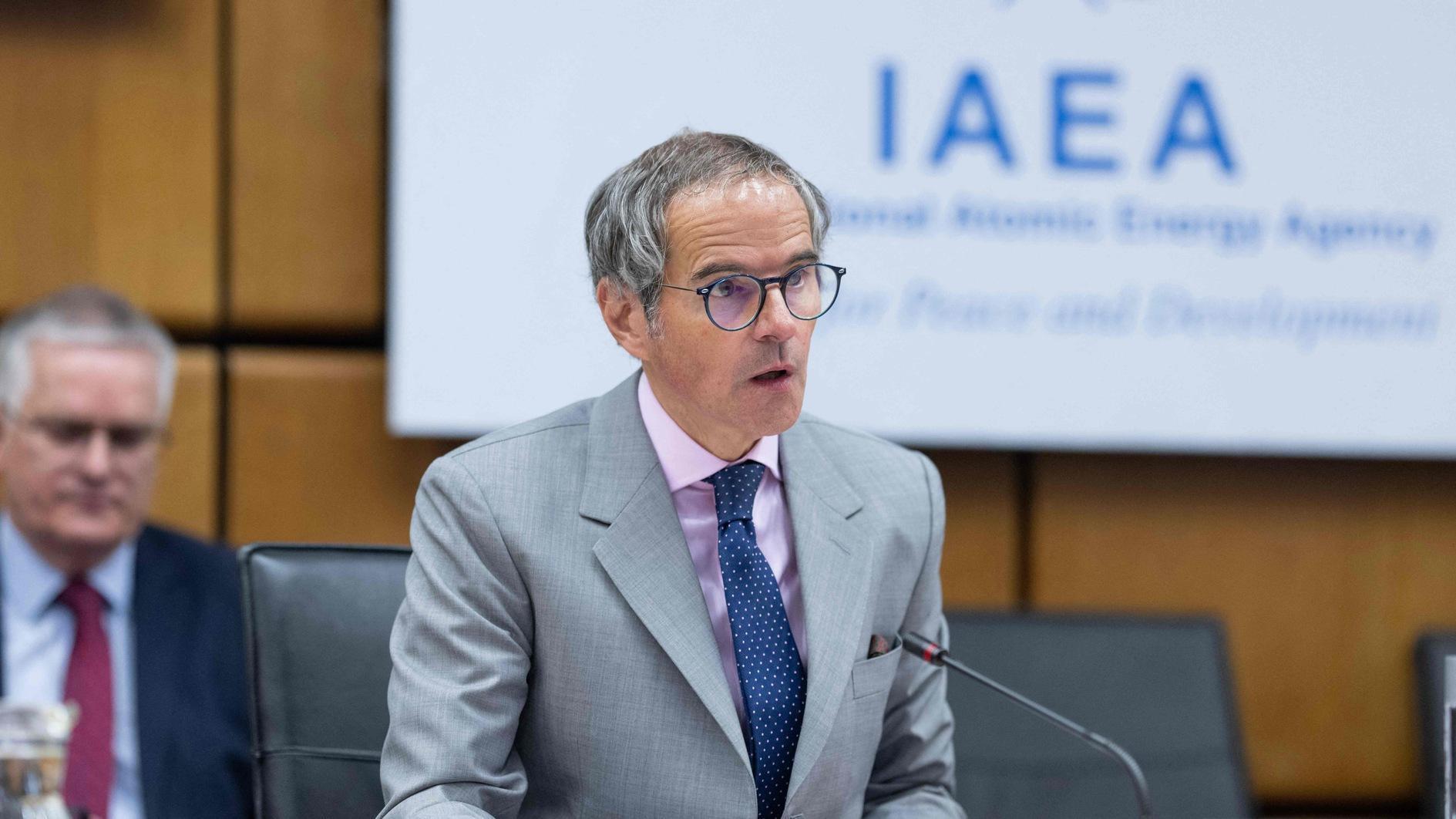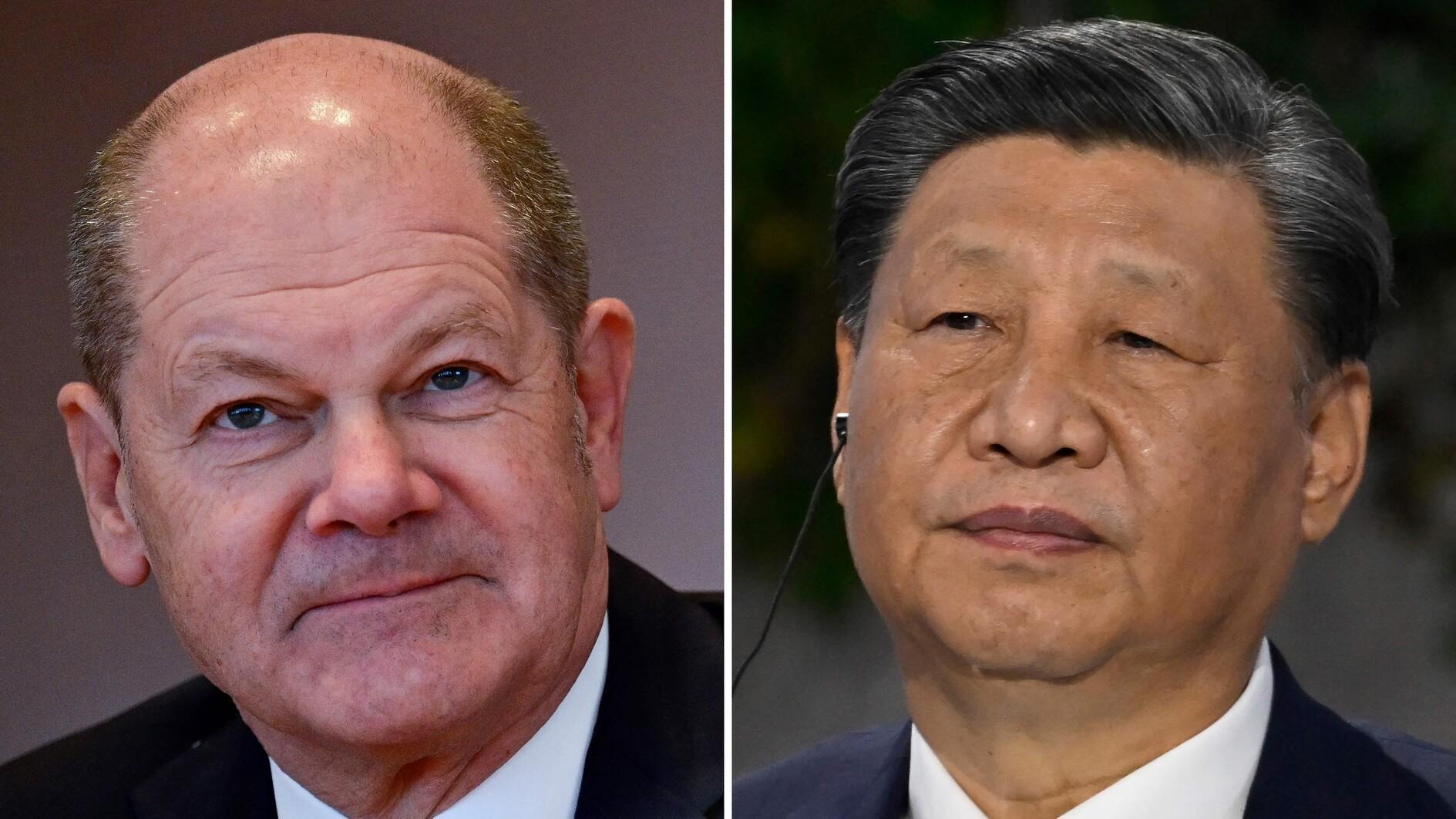Hungarians march against crackdown on universities, NGOs
BUDAPEST
 Thousands of protesters marched through Budapest on May 21 in a demonstration against tough laws targeting foreign-backed NGOs and higher education institutions, amid rising tensions between Budapest and Brussels.
Thousands of protesters marched through Budapest on May 21 in a demonstration against tough laws targeting foreign-backed NGOs and higher education institutions, amid rising tensions between Budapest and Brussels.A crowd estimated at 10,000 people by local media waved European Union flags and chanted “Democracy! Freedom for Hungary!” as they made their way toward the parliament building, escorted by police cars.
The mass rally was the latest protest sparked by a draft bill aimed at forcing NGOs to disclose how much foreign funding they receive.
Protesters are also angry at a higher-education law fast-tracked through parliament in April, which could lead to the closure of the prestigious Central European University (CEU) in Budapest.
Critics say the laws reflect the increasing authoritarianism of populist Prime Minister Viktor Orban, in power since 2010.
The measures are seen as an attack on Orban’s arch-enemy, the Hungarian-born US billionaire George Soros who founded the CEU in 1991 after the fall of communism and finances many of the foreign NGOs in the country.
Orban - himself a one-time recipient of Soros funds - has turned against the philanthropist in recent years, accusing him of interfering in EU affairs by backing open borders and pro-refugee policies in the bloc’s migration crisis.
The strongman has taken a tough stance against asylum-seekers, describing immigration as a “Trojan horse of terrorism.”
His hardline policies have put Orban at odds with Brussels.
Last month, the EU launched legal action against Budapest over the education legislation, which could force the CEU to shut its doors.
On May 18, the European Parliament passed a resolution calling on the European Commission to trigger a legal procedure known as Article Seven over what it called a “serious deterioration” of democracy.
The article, referred to as the bloc’s “nuclear option,” could lead to the suspension of Hungary’s voting rights in the Council of Ministers, the EU’s highest decision-making body.
















